Being an Ally: Why It Matters for LGBTQ+ Equality
Photo by Helena Lopes
In the ongoing fight for LGBTQ+ rights and acceptance, allies play an indispensable role. Allies are individuals who actively support and advocate for the LGBTQ+ community, even if they do not identify as part of that community themselves. Their commitment to standing in solidarity and using their voices to amplify the call for equality is crucial in creating a more just and inclusive world.
The Power of Visibility and Representation
One of the most significant contributions of allies is their ability to increase visibility and representation for the LGBTQ+ community. By openly expressing their support and participating in Pride events, allies help normalize and destigmatize LGBTQ+ identities, challenging societal prejudices and misconceptions. This visibility can be particularly impactful in spaces where LGBTQ+ individuals may feel isolated or unsupported, such as certain workplaces, communities, or families.
Advocating for Policy Change
Allies also play a vital role in advocating for policy changes that protect the rights and well-being of the LGBTQ+ community. From supporting non-discrimination laws in employment and housing to advocating for inclusive healthcare policies and equal marriage rights, allies can leverage their voices and influence to effect positive change at the legislative and institutional levels.
Creating Inclusive Spaces
Being an ally means actively working to create inclusive and welcoming spaces for LGBTQ+ individuals. This can involve challenging discriminatory language or behavior, educating others on the importance of using correct pronouns and respecting identities, and promoting diversity and inclusion initiatives in various settings, such as workplaces, schools, or community organizations.
Providing Support and Resources
Allies can also offer invaluable support and resources to LGBTQ+ individuals who may be facing challenges or discrimination. This can include providing emotional support, connecting them with relevant support services or organizations, or simply being a listening ear and a source of understanding and acceptance.
Leading by Example
Perhaps most importantly, allies lead by example, demonstrating what it means to be an upstander and an advocate for human rights and dignity. By actively challenging prejudice, promoting understanding, and standing in solidarity with the LGBTQ+ community, allies inspire others to follow suit and create a ripple effect of positive change.
Being an ally is not a passive role; it requires ongoing education, self-reflection, and a commitment to using one's privilege and platform to amplify marginalized voices. It is a journey of continuous learning, growth, and action. As we celebrate Pride Month, let us recognize and appreciate the invaluable contributions of allies in the fight for LGBTQ+ equality and encourage more individuals to join this vital movement.
Begin Your Journey with an LGBTQ Identified Therapist Today


